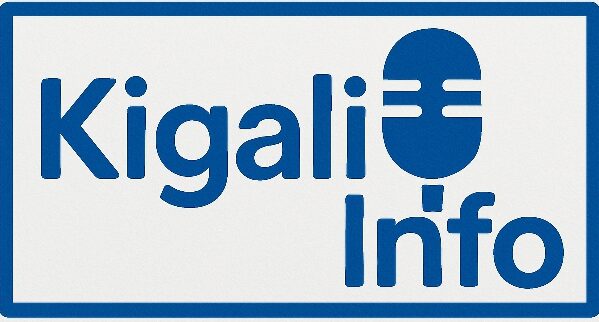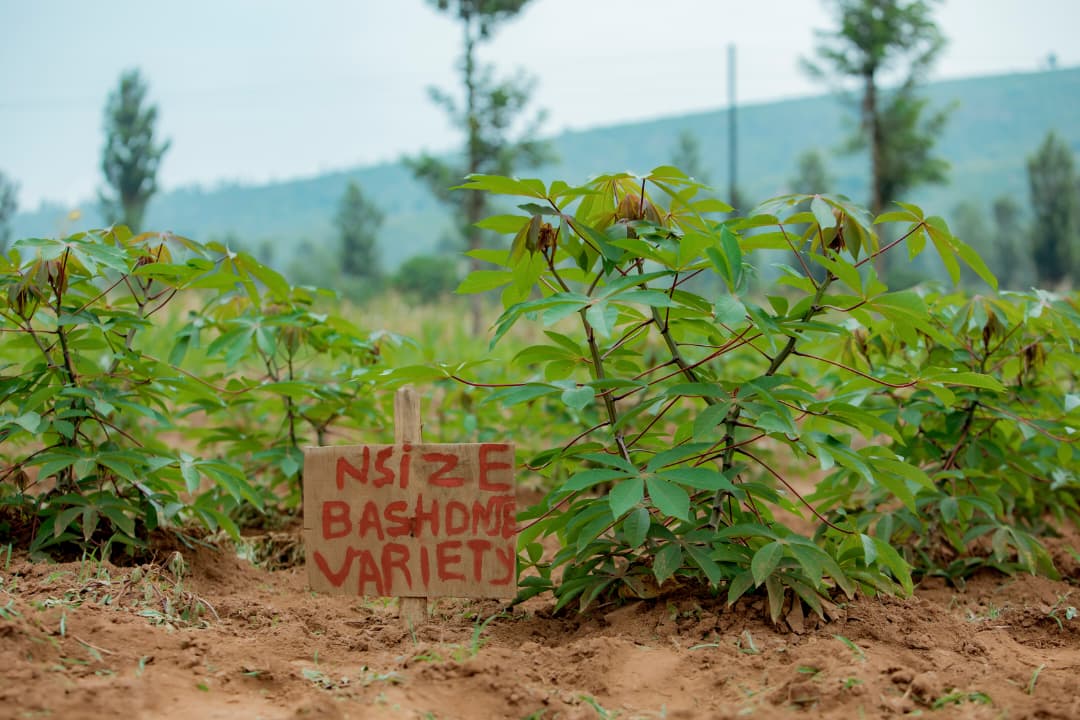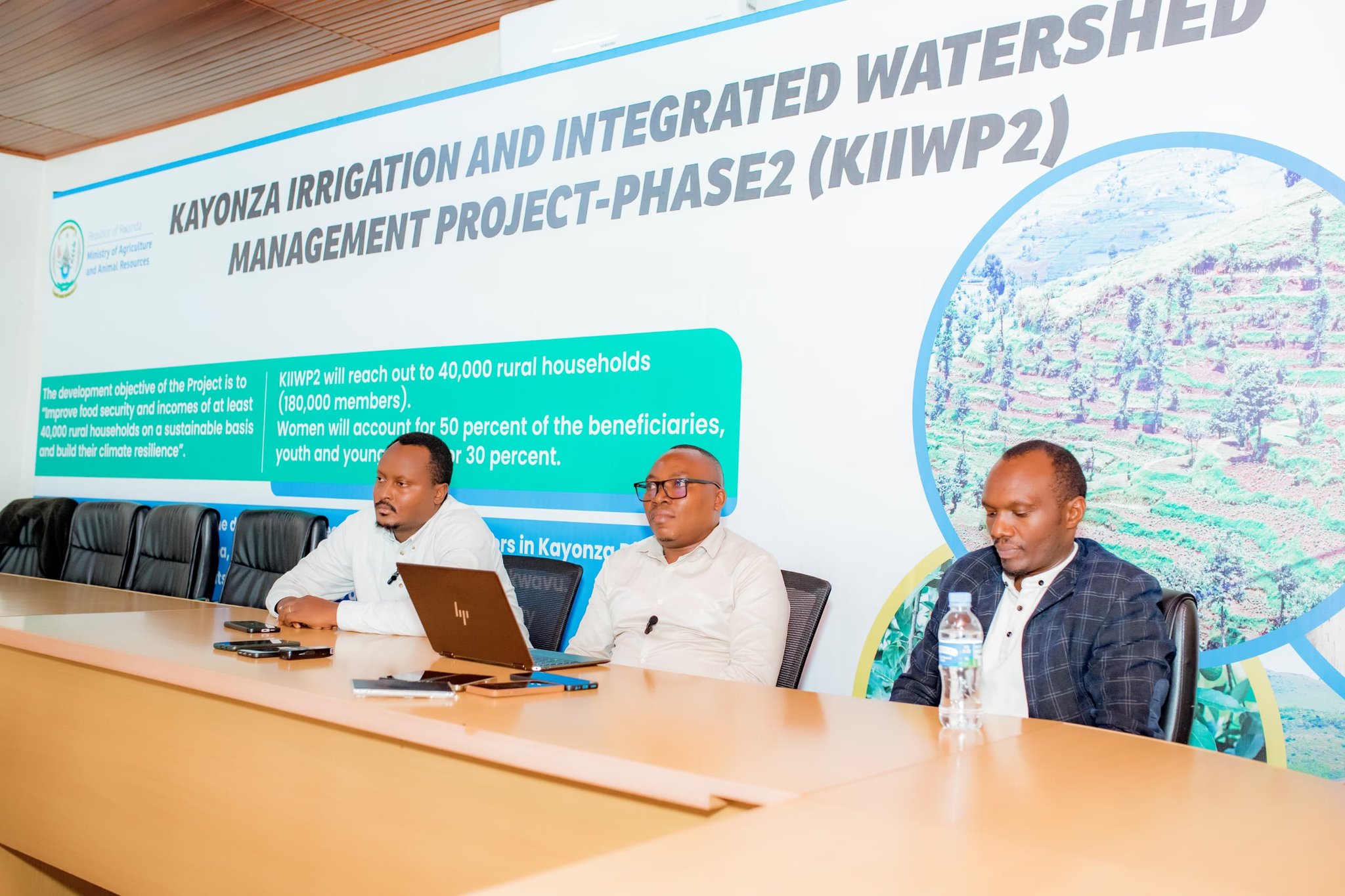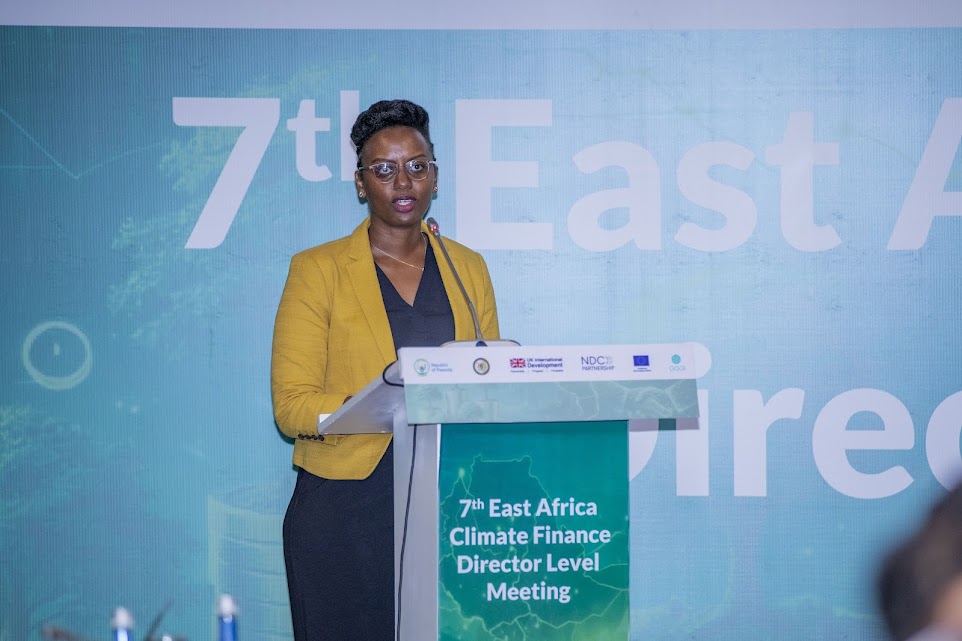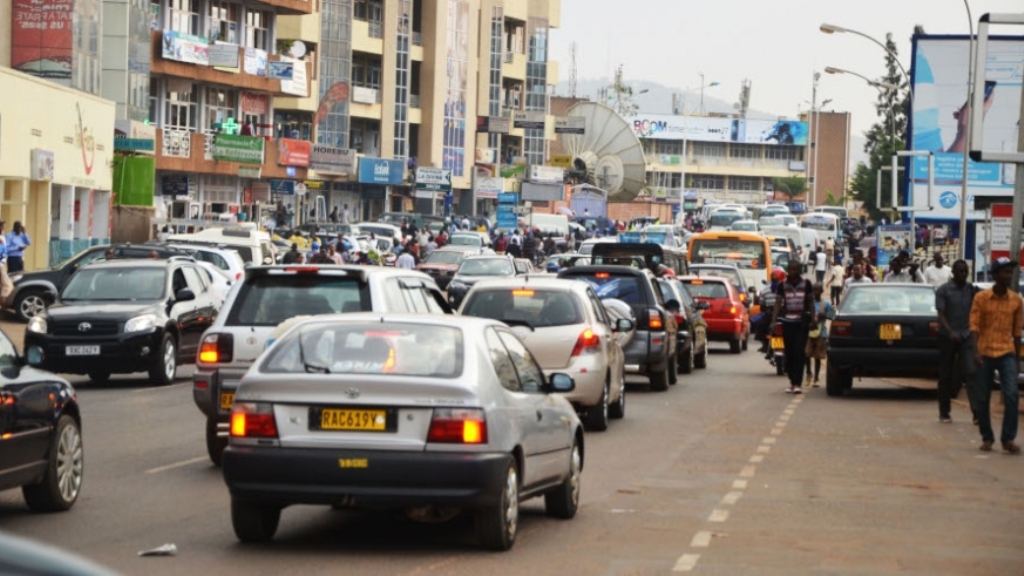
The continuous rise in fuel prices is causing growing concern among private car owners in Rwanda, some of whom fear that driving personal vehicles could soon become a luxury—or even a thing of the past.
Over the past decade, the cost of petroleum products in Rwanda has more than doubled, reaching the highest levels ever recorded. For the first time, a litre of petrol now costs Rwf 1,989, while diesel sells for Rwf 1,900.
“My car is becoming useless”
For motorists like Mutiganda Frank, a resident of Runda, the situation has become unbearable. He says he is even considering selling his car at a loss.
“Driving from Runda to Kigali now costs me Rwf 10,000 worth of petrol, and I need another Rwf 10,000 to return home,” Mutiganda said.
“Spending Rwf 20,000 for a single round trip makes no sense. The car no longer serves any purpose. If someone offered to buy it, I’d gladly sell it—otherwise, I’ll just park it, and it will slowly fall apart.”
Many private car owners echo his frustration, warning that if fuel prices continue to rise, petrol and diesel vehicles could soon disappear from Rwanda’s roads.
Electric future on the horizon
A government driver who spoke to KIGALIINFO believes the shift is already underway.
“You can see the country is prioritizing electric vehicles. In about ten years, fuel prices will be so high that people will naturally move away from private cars,” he said.
Economist Straton Habyarimana agrees that fuel prices are unlikely to drop anytime soon. He cites disruptions along the central corridor from Tanzania’s Dar es Salaam port—Rwanda’s main supply route—and the gradual shift toward the longer Mombasa route through Kenya as key drivers of higher costs.
“All these factors make fuel more expensive. The U.S. dollar keeps gaining value— it has never shown any sign of going back down, since my childhood” Habyarimana explained.
“That means fuel will stay costly. But globally, there’s also a deliberate move to reduce carbon emissions, so this trend may actually be part of a broader transition.”
Government pushing for greener transport
To curb air pollution and reduce reliance on fossil fuels, the Government of Rwanda has introduced five key measures encouraging citizens to:
- Limit private car use,
- Conduct regular emissions inspections (at Contrôle Technique),
- Walk or cycle whenever possible,
- Use public transport, and
- Adopt electric vehicles.
According to Rwanda Revenue Authority (RRA) data from 2021, there were around 300,000 registered vehicles in the country.
Rising fuel prices from 2015 to 2025
Rwanda’s fuel prices have climbed steadily over the last ten years, triggering increases in transport costs, goods, and services.
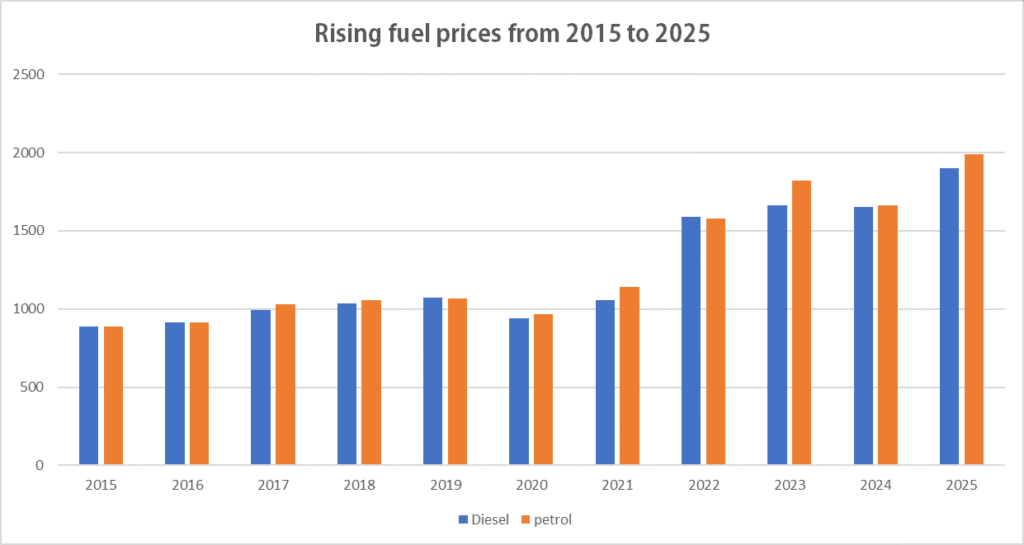
As prices show no sign of falling, some Rwandans say the era of affordable driving may be coming to an end. For others, the shift toward cleaner and more sustainable transport could mark the beginning of a new chapter in Rwanda’s mobility story.
